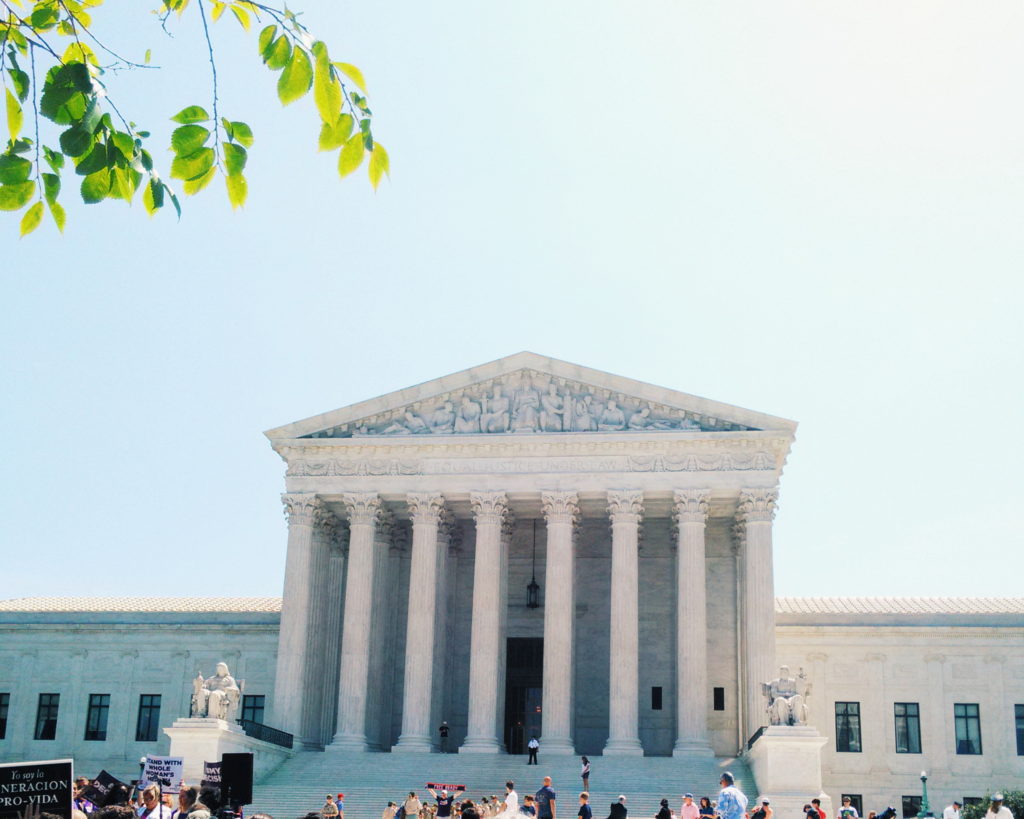Supreme Court affirms religious schools’ right to hire, fire employees

The U.S. Supreme Court ruled this week that religious schools have the right to hire and fire teachers based on the doctrine of ministerial exception. Ministerial exception is a legal doctrine that dictates anti-discrimination laws do not apply to religious employers, such as religious schools.
Justices voted 7-2 on the combined Our Lady of Guadalupe School v. Morrissey-Berru and St. James School v. Biel cases. The cases involved teachers who sued their former employers for firing them based over alleged age discrimination or ongoing medical treatments. Both cases involved schools located in southern California.
Justice Samuel Alito wrote the majority opinion and he was joined by Chief Justice John Roberts, Justices Clarence Thomas, Stephen Breyer, Elena Kagan, Neil Gorsuch, and Brett Kavanaugh. Justices Sonia Sotomayor and Ruth Bader Ginsburg dissented on the basis that the majority’s ruling stripped schoolteachers of legal protections.
As Politico noted, Agnes Morrissey-Berru was a former teacher at Our Lady of Guadalupe School in Hermosa Beach, California and sued her former employer when her contract was not renewed. In the case of Kristen Biel, she filed a lawsuit when her contract was not renewed while she was receiving treatment for breast cancer.
The ruling was significant because it reaffirmed a religious employer’s rights in employment decision-making. In a 2012 decision, the Supreme Court outlined the ministerial exception provision unanimously, which case involved ministers suing their churches over alleged violations of federal anti-discrimination laws.
Theoretically, one could argue that if the ruling had struck down ministerial exception that it would lead to other unintended consequences. Some of the consequences could force religious organizations to hire or fire an employee contrary to their faith or beliefs. It could have potentially led to religious schools and organizations being coerced to hire those in direct opposition to their faith or beliefs, such as atheists, agnostics, or non-religious LGBTQ individuals.




